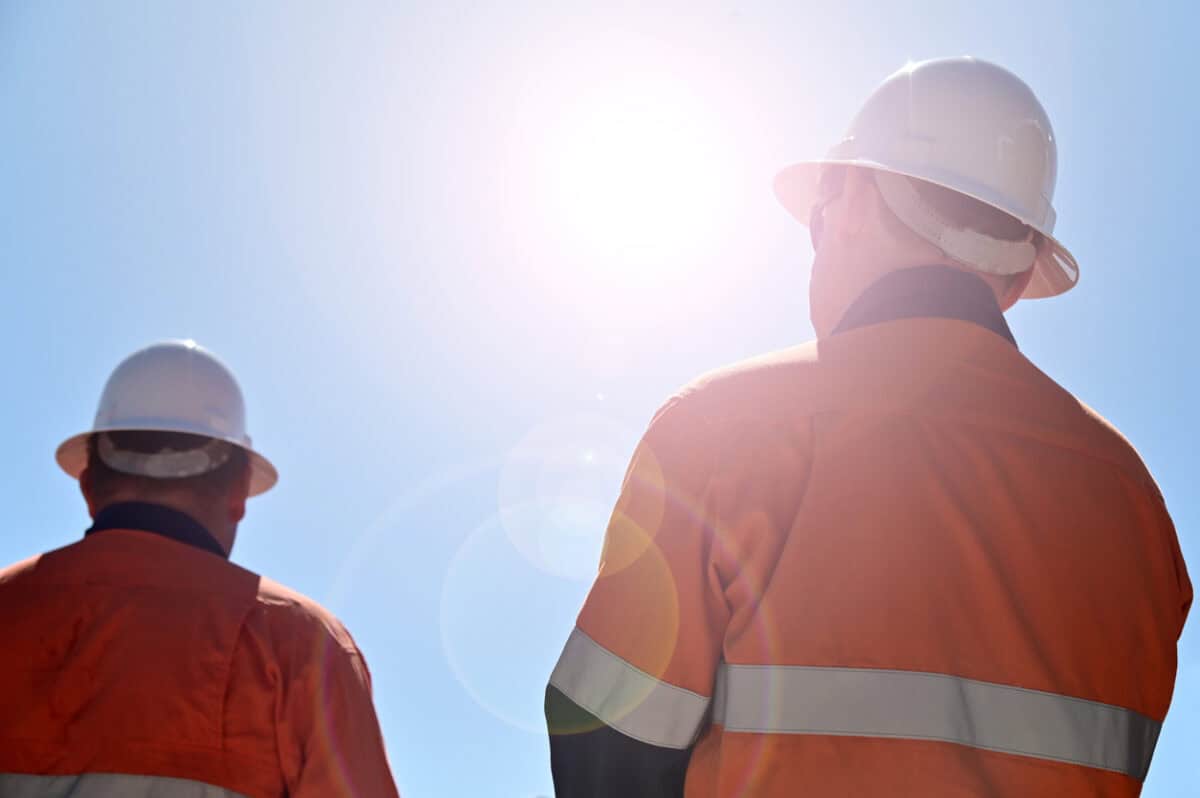The issue of working in heat has resurfaced in some Australian media this February, again driven by trade unions. The union approach continues to show negotiating flaws, deflections, and at least one inaccuracy.
Category: safety
Waiting for Leaders Who Actually Believe in OHS Reform
Canada’s Institute for Work & Health (IWH) has produced a bold forecast of the future of occupational health and safety (OHS) in its new report, “Work & health 2040: Anticipating changes impacting the futures of occupational health and safety”. The seven trends identified are not greatly surprising. Change is needed to address these trends, but who should, and how to, make the changes is unclear.
“Whom Do Soft Skills Really Serve?”
Every summer in Australia, it seems we are in crisis. Somewhere there is a bushfire, and somewhere else there are cyclones and floods. Somewhere, there are places that experience these two extremes almost at the same time. In all these circumstances, Australians expect strong, effective and compassionate leaders. These expectations affect how corporate executives behave and employ their “soft skills”.
What Advice Would Jesus Offer on Workplace Health and Safety?
I have written several articles on the moral foundations of occupational health and safety (OHS). This week, I sought assistance from the Bible via artificial intelligence apps, Text with Jesus and others. Below is that conversation and some useful, but synthetic, Biblical advice on managing a business safely.
Workism: Australia’s Most Socially Acceptable Form of Self‑Harm
Safe Work Australia states that :
“A psychosocial hazard is anything that could cause psychological harm (e.g. harm someone’s mental health).”
Preventing these hazards is most effective and sustainable through redesigning work, but this approach should not deny that personal decisions can also be hazardous. In the broader social and occupational contexts, it is worth considering workism as a psychosocial hazard.
Why Global Initiatives Won’t Prevent Workplace Harm
Every few years, a new global initiative arrives promising to reshape corporate behaviour. The Sustainable Development Goals (SDGs) were meant to align business with human well-being. The Global Reporting Initiative (GRI) promised transparency. ESG (Environmental, Social and Governance) reporting was sold as the market‑friendly mechanism that would finally make corporations care about people and the planet.
Yet here we are, decades into these frameworks, and the pattern of harm inside workplaces looks remarkably familiar. Catastrophic failures still occur in companies with immaculate sustainability reports. Precarious work continues to expand. Psychosocial harm is rising, not falling. And the gap between what corporations say and what they do has never been wider.
The uncomfortable truth is that these global initiatives are not designed to prevent harm. They are designed to signal responsibility without redistributing power. And harm prevention, as we know from decades of occupational health and safety (OHS) experience, is fundamentally a question of power.
Bricks + Cheese + Clutter = Safety and Health
Until recently, Donna McGeorge‘s book “Red Brick Thinking” passed me by, but her perspective aligns closely with the occupational health and safety (OHS) concepts of “safety clutter” and the Swiss cheese model.







